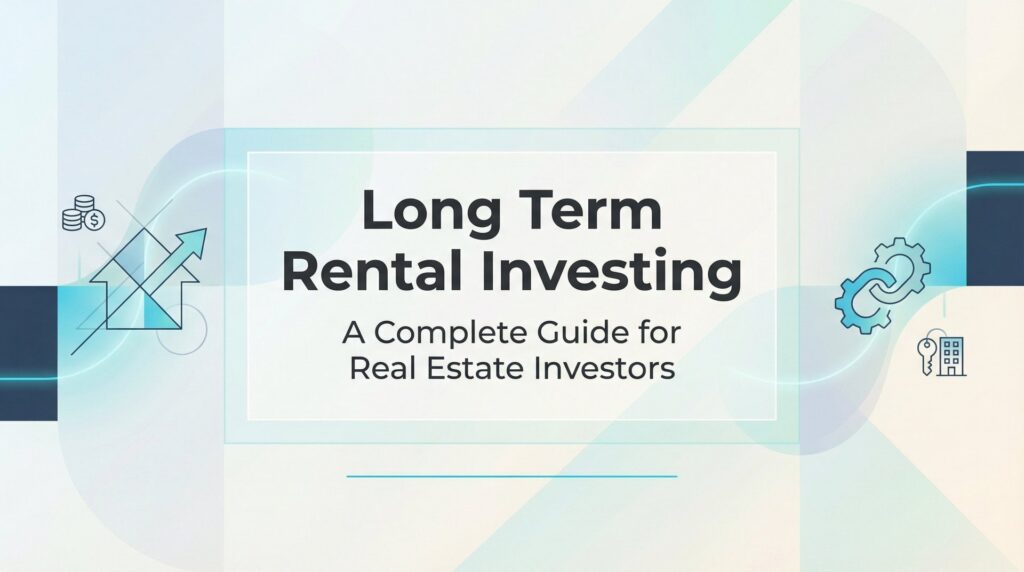Hard Money vs. Soft Money: A Tale of Two Financial Titans
Nov. 26th, 2024
When it comes to financing real estate deals, two primary options often take center stage: hard money and soft money. While both have their place in the real estate world, hard money emerges as the clear winner for savvy investors looking to make quick, lucrative moves. Why? Let’s dive into the battle royale of real estate financing and see why hard money is the heavyweight champion.
Understanding the Basics: Hard Money vs. Soft Money
Before we get into why hard money is the superior choice, let’s define the contenders.
Hard Money
Hard money loans are short-term, asset-based loans typically used by real estate investors. These loans are provided by private lenders or investor groups, and the loan amount is based on the value of the property, not the borrower’s credit score or financial history. Hard money loans are known for their speed, flexibility, and ease of approval.
Soft Money
Soft money loans, on the other hand, are your traditional loans. Think of the ones you’d get from banks or credit unions. These loans have longer terms, lower interest rates, and are based on the borrower’s creditworthiness, income, and financial stability. They’re the classic, vanilla option of real estate financing.
The Speed Factor: When Time Is Money
In the world of real estate, timing is everything. Deals can vanish in the blink of an eye, and speed often determines whether you snag a property or miss out.
Hard Money: The Speed Demon
Hard money loans are the Usain Bolt of real estate financing. Need funds in a week? No problem. Since hard money lenders focus on the property’s value, they skip the endless paperwork and credit checks. This means you can close deals faster and stay ahead of the competition.
Soft Money: Slow and Steady
Soft money loans, while reliable, are like a slow stroll in the park. The approval process can take weeks, sometimes even months. Banks dive deep into your financial history, requiring pay stubs, tax returns, and even a look at your great-aunt’s knitting club records (okay, maybe not that last one). By the time your loan gets approved, the property could be long gone.
Winner: Hard Money. When time is of the essence, hard money lets you strike while the iron’s hot.
Flexibility: The Power to Customize
Real estate deals come in all shapes and sizes. Whether you’re flipping a fixer-upper or buying a rental property, your financing needs may vary.
Hard Money: Flexible Friend
Hard money loans are incredibly versatile. Need to finance a quirky property that banks won’t touch? Hard money lenders say, “Bring it on!” Want to structure a loan with interest-only payments or a balloon payment at the end? They’ll tailor the terms to suit your needs.
Hard money lenders are investors themselves, so they understand the dynamics of the market and are willing to get creative.
Soft Money: Rigid Rules
Soft money loans come with a rigid structure. Banks have strict underwriting guidelines and are often unwilling to deviate from their standard terms. If your deal doesn’t fit neatly into their criteria, you’re out of luck.
Winner: Hard Money. Flexibility is the name of the game, and hard money plays it like a pro.
Credit and Financial History: Who Needs Perfect Credit?
For many investors, credit scores and financial history can be a stumbling block. But when opportunity knocks, you don’t want to be held back by a less-than-perfect credit report.
Hard Money: No Credit? No Problem.
Hard money lenders focus on the value of the property, not your credit score. They understand that a good deal can make everyone money, regardless of your past financial missteps. Whether you’re a seasoned investor or a newcomer with limited credit, hard money lenders are more interested in the potential of the property.
Soft Money: Credit is King
Soft money lenders, on the other hand, are sticklers for credit scores and financial history. If your credit isn’t up to par, your loan application could be denied, or you might face higher interest rates. This can be a significant barrier, especially for new investors or those recovering from financial challenges.
Winner: Hard Money. Hard money opens doors that soft money keeps firmly shut.
Risk Tolerance: Embracing Opportunity
Real estate investing isn’t for the faint of heart. Sometimes, the best opportunities come with a bit of risk.
Hard Money: Risk-Tolerant and Ready
Hard money lenders thrive on opportunity. They’re not afraid to take calculated risks, whether it’s a property in need of significant rehab or a high-stakes flip. This willingness to embrace risk can help investors capitalize on lucrative deals that traditional lenders would shy away from.
Soft Money: Risk-Averse and Cautious
Soft money lenders prefer the safety of low-risk deals. If a property has issues or doesn’t meet their stringent criteria, they’ll pass. This conservative approach can be a deal-breaker for investors looking to tackle more ambitious projects.
Winner: Hard Money. When opportunity comes with a side of risk, hard money is ready to roll.
Cost of Borrowing: The Price of Speed and Flexibility
Let’s address the elephant in the room: interest rates and fees. Hard money loans typically come with higher costs than soft money loans. So why would anyone choose hard money? Because sometimes, it’s not about the cost of borrowing—it’s about the value it brings.
Hard Money: Higher Costs, Higher Rewards
Yes, hard money loans have higher interest rates and fees. But they enable investors to seize opportunities that would otherwise be out of reach. When you’re flipping a property for a quick profit, the speed and flexibility of hard money can more than offset the higher costs.
Soft Money: Lower Costs, Lower Speed
Soft money loans are cheaper, but the time and inflexibility can cost you deals. In real estate, lost opportunities often mean lost profits. Sometimes, paying a premium for speed and adaptability is the smarter financial move.
Winner: Hard Money. In the fast-paced world of real estate, you get what you pay for.
The Real Estate Investor’s Secret Weapon
Hard money isn’t just a financing option—it’s a secret weapon for real estate investors. Whether you’re flipping houses, buying rental properties, or tackling complex projects, hard money gives you the agility and power to succeed.
The Confidence Factor
Hard money lenders are like seasoned partners who’ve seen it all. They understand the market and are confident in their ability to assess deals quickly. This confidence can be contagious, giving you the boost you need to tackle ambitious projects.
Building Relationships
Once you establish a relationship with a hard money lender, future deals become even smoother. Many investors form long-term partnerships with lenders who understand their goals and are eager to fund their ventures.
Conclusion: Hard Money Takes the Crown
In the grand showdown between hard money and soft money, hard money emerges as the clear winner for real estate investors. Its speed, flexibility, and willingness to embrace risk make it the ideal choice for those looking to capitalize on opportunities and maximize profits. While soft money has its place, it simply can’t compete with the dynamic power of hard money.
So, if you’re ready to dominate the real estate market and leave your competition in the dust, hard money is your ticket to success.







